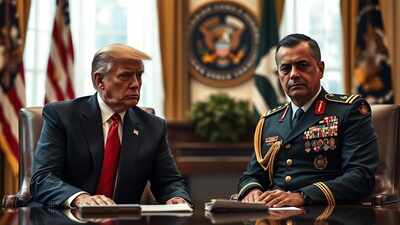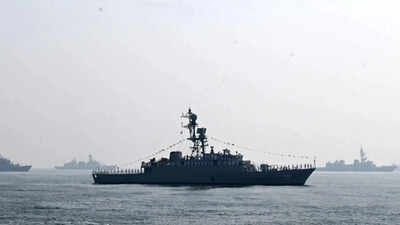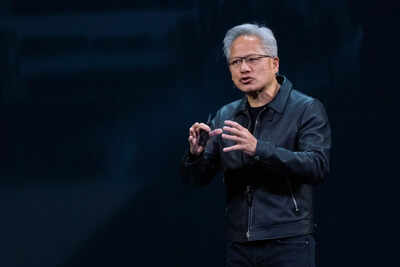Trump-Munir White House meeting signals strategic calculations amid regional tensions

ISLAMABAD: The meeting between US President Donald J Trump and Pakistan’s Chief of Army Staff, Field Marshal Syed Asim Munir, at the White House on Thursday has set the geopolitical grapevine abuzz, with whispers of backroom deals that could reshape the balance of power in South Asia and far beyond.What began as a one-hour lunch in the Cabinet Room turned into a two-hour marathon meeting that continued in the Oval Office, attended by US secretary of state Marco Rubio, special representative Steve Witkoff, and Pakistan NSA and Inter-Services Intelligence chief, Lt Gen Asim Malik.The Inter-Services Public Relations (ISPR) handout flags counter-terrorism, trade, and peace, but the real stakes — against the backdrop of Iran-Israel airstrikes and India-Pakistan tensions — reveal a high-wire act with far-reaching implications.Trump, channeling his trademark deal-maker bravado, now sees Pakistan as a strategic prize. As Israel intensifies strikes on Iran’s nuclear sites and Washington edges closer to military escalation, Pakistan’s shared border with Iran becomes critical. Sources say Trump privately pressured Munir for airspace access and intelligence on Tehran — leveraging Pakistan’s backchannel role as the host of Iran’s interests section for the US. In return, he offered advanced weaponry and economic incentives, aiming to lure Islamabad away from China’s orbit and Russia’s Brics alliance.Trump’s push to expand trade in critical minerals, cryptocurrency, AI, and energy is part of a broader strategy to anchor Pakistan within US-led markets and curb China’s regional influence. He has also claimed credit for defusing the May 2025 crisis between India and Pakistan.As Pakistan’s power broker, Munir brings serious leverage. His military’s fight against Islamic State Khorasan (IS-K) syncs with US aims in Afghanistan. With ties to Iran and a shared border, Munir can offer covert intelligence or logistical support, though Pakistan’s pro-Iran rhetoric caps public alignment. Economically, he can unlock Pakistan’s mineral and tech potential for US investors, but treading too far risks Beijing’s wrath.On India, Munir’s role in brokering the May ceasefire – praised by President Trump – has been framed in Islamabad as a direct rebuttal of New Delhi’s allegations of Pakistani involvement in cross-border terrorism. With the country facing severe economic challenges, Munir is believed to have sought US military and financial assistance to modernise Pakistan’s armed forces and stabilise its economy. Trump’s openness to providing drones or missile defence systems could significantly alter the military balance with India. Munir also reportedly urged Trump to de-escalate growing tensions between Iran and Israel, warning of broader regional instability and citing Pakistan’s vocal alignment with Tehran. In a bold diplomatic gesture, Munir extended an invitation for Trump to visit Pakistan, an effort seen as central to reshaping bilateral ties and enhancing Islamabad’s global relevance.Timed amid Middle East turmoil and South Asian friction, the Trump-Munir summit is a geopolitical pivot. It signals a fragile US-Pakistan thaw, driven by Washington’s ally hunt and Pakistan’s economic crunch. For India, it’s a call to counter a US strategy cosying up to both rivals while eyeing Iran. Trump’s deal-making and Munir’s strategic charm aim to reposition Pakistan as a US cornerstone, potentially redrawing South Asia’s power map at India’s expense. Wednesday’s White House talks weren’t just diplomacy, they were a bold move in a high-stakes regional chess game.





